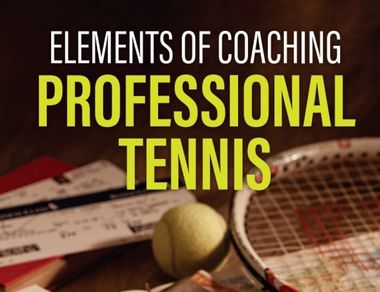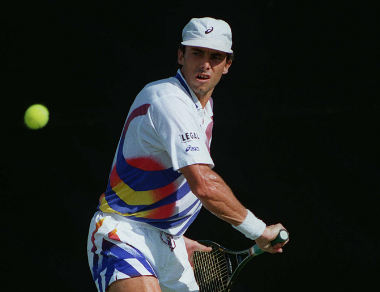How do you feel about the state of doubles today by the younger pros and juniors?
TODD WOODBRIDGE: My father told me many times, “Doubles is your bread and butter, and singles is the jam.” I knew that doubles is where I could be great, but I got to a pretty good level of singles too and I feel that the doubles helped my singles game in many ways.
I am disappointed with the coaches for not encouraging more of the young singles players to take doubles seriously. So many of the young players think that doubles does not matter, but they could not be more wrong. Doubles allows you to improve your all-round skills, and also mental training and playing under pressure. All this helps your development as a complete tennis player.
What is your philosophy on returning from the DEUCE side?
TW: The thing I see today is that the grips are so extreme that guys cannot become consistent returner. You have to have a neutral grip, or at least not too much favoring forehand or backhand too much, so that you can make solid contact on the big serves. I had more of an Eastern forehand grip.
What I tried to do the way I looked at it, is that my job was to essentially win the first point of each return game. And to win that first point of a game, set you up to be aggressive and build pressure. And in order to do that you must make returns. My thinking was that, no matter what, I had to get that ball in play. And that was what I worked on most, my returns. Make balls, make balls. And when I was not playing well or bad, I still made returns over the net, but when I was playing great, my returns were quite good. Still, on my off days I took pride in making my opponents have to volley or smash. What worked was not giving them any free points.
I had a philosophy that early in the match I was going to make as many varieties as possible, because when it got tight I felt like that I had options. Always important to let your opponents know you can hit down the line early in the match. It is very rare that you will do it late in a match under pressure if you have not tried it early stages. Another point is that even if you hit a crappy lob early in the match, it gives you a feel for the distance control needed, wind and such, particularly if you are playing on a show court as the wind can swirl. Also, it is important that your opponents know that you are willing to lob. Lines and lobs keep the server’s partner from crowding the net and hovering over the center. I want them wondering where I am going to return so that they cannot anticipate and jump all over the net. Another thing that I found is that the guys who don’t volley particularly well, don’t volley particularly well with no pace. And then the thing with chipping is one of the reasons that Leander Paes is still able to do well at his age. He is putting the ball across and down and testing his opponents’ skill set out.
I used the block chip and then I would hit my little roller, depending on how confident I was. I had variety depending on the situation and the server.



